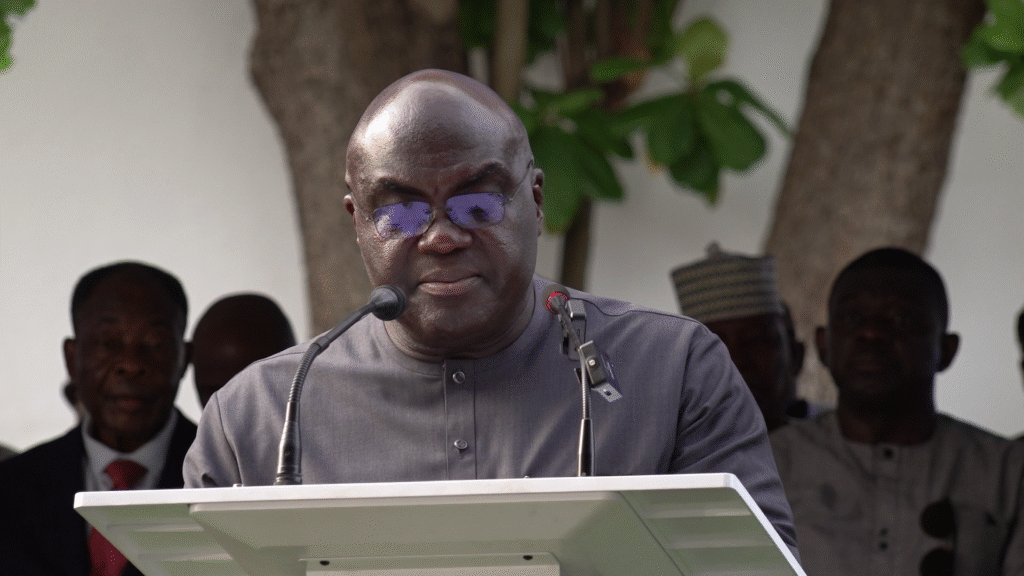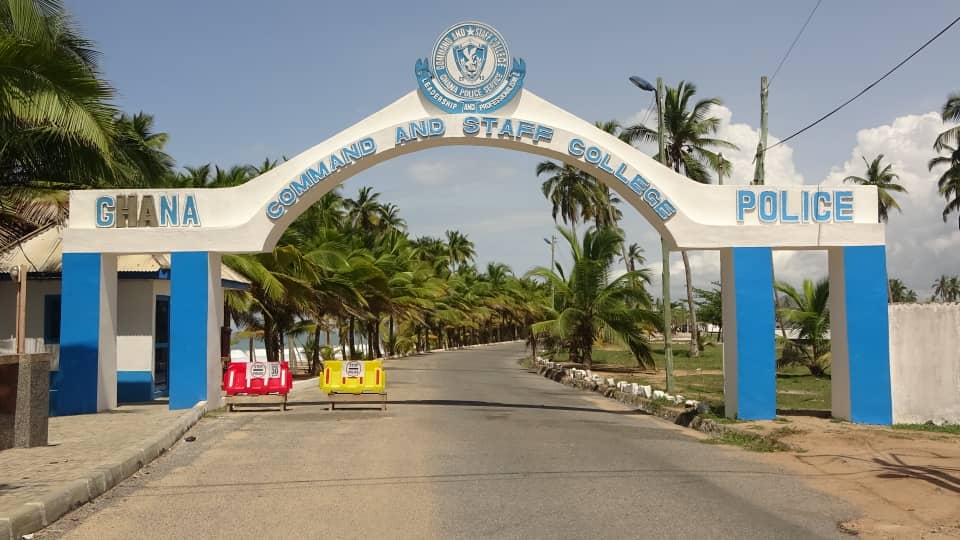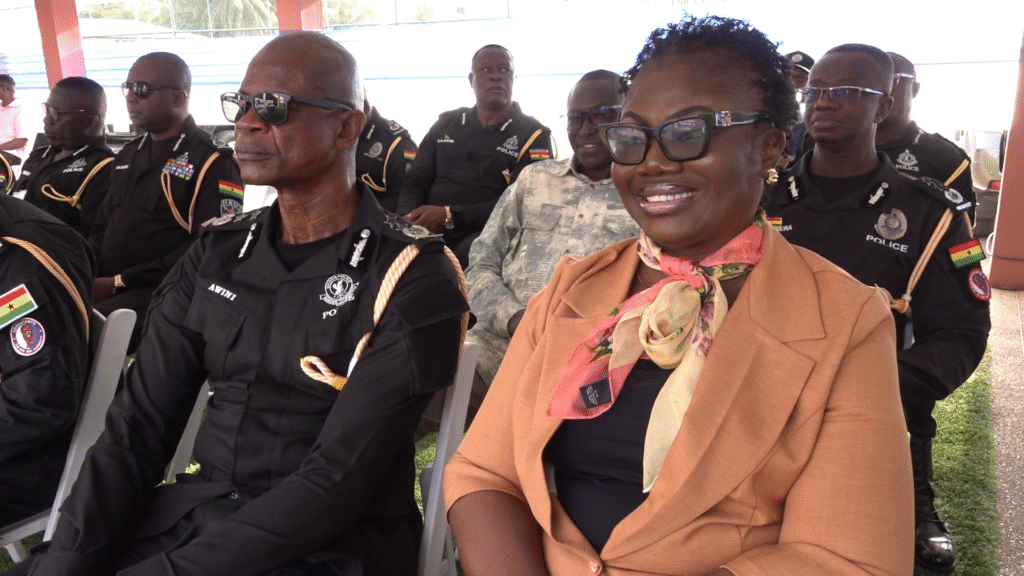
At the launch of An Aroma of Policing, a memoir by former Inspector General of Police, Mohammed Alhassan, Chief of Staff Julius Debrah described the book as a remarkable contribution to Ghana’s national discourse on law enforcement, leadership, and institutional transformation.
Delivering the keynote address, Mr. Debrah said the occasion was not only a celebration of a distinguished public servant’s career but also a broader national moment for reflection and reform.
“The author, a former IGP and an accomplished international peacekeeper, offers a candid and compelling account of a life devoted to public service, national security, and the professional advancement of the Ghana Police Service,” he stated.
Reimagining Policing for National Development
Framing his remarks under the theme “Reimagining Policing for National Development: The Role of Crime Prevention, Training and Welfare in Building a Trusted Police Service,” the Chief of Staff emphasised that the ideas explored in the memoir align with current government priorities.

Crime Prevention: Shifting the Policing Paradigm
Julius Debrah stressed that crime prevention must form the bedrock of modern policing in Ghana.
“We must transition from reactive policing to proactive strategies grounded in visibility, intelligence-led operations, and strong community partnerships,” he urged, adding that rebuilding public trust and expanding early warning systems across communities would be critical to this shift.
Reviving Dormant Training Institutions
He made a strong case for investment in police training and leadership development. He particularly backed the revival of key police training institutions initiated under the Mahama administration but which have remained dormant.
These include:
- The Ghana Police Staff College at Winneba – envisioned as a center for executive and strategic leadership.
- The Marine Police Training School at Aiyinase in the Western Region – critical for securing Ghana’s oil-rich maritime zones.
- The Police Public Safety Training School at Pwalugu – designed to bridge the gap between classroom theory and frontline policing.
“Revitalizing these institutions is essential to building a modern, disciplined, and capable police service,” he said.

Welfare: A Pillar of Professionalism
Mr. Debrah echoed the memoir’s emphasis on police welfare, saying it is inseparable from morale and professionalism. He reaffirmed the government’s commitment to improving conditions of service, including decent accommodation, healthcare, and logistical support.
“A well-supported officer is a dependable officer,” he emphasised.
Expanding Global Peacekeeping Participation
Highlighting Ghana’s longstanding contribution to international peacekeeping, the Chief of Staff announced plans to broaden participation, particularly among women, in UN and regional security operations.
“Government will ensure the formation of additional Formed Police Units, including the long-awaited all-female FPU first initiated in 2013. This is a critical step toward enhancing our global peacekeeping profile,” he said.

A Blueprint for Reform
In closing, Mr. Debrah praised An Aroma of Policing as more than a memoir.
“It is a blueprint for institutional memory, a guide for leadership, and a national call to action. It reminds us that reform is not a destination but a journey, one that demands vision, persistence, and unity.”
He extended congratulations to Mr. Mohammed Alhassan on behalf of President John Mahama and thanked him for his lifetime of service and for offering “this vital reflection to guide future generations.”
By Peter Quao Adattor








